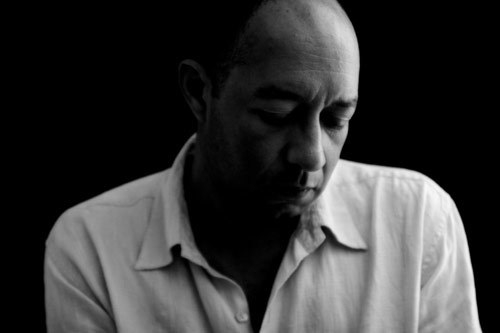'Then the War'
A conversation with award-winning poet and classicist Carl Phillips on vulnerability, the war between violence and tenderness, and why children write better poems than adults.
By Michael Judge
Most of the poets I know—at least the ones I respect—pause when asked what it is, exactly, they do for a living. None blurt out “I’m a poet.” Most prefer to say something like “I’m a writer” or “I write and teach poetry.” Seamus Heaney, the late great Irish poet and Nobel Prize winner, said this is because the word “poet” still carries a magical charge to it. To say “I’m a poet” is, therefore, akin to saying “I’m an alchemist.” Or “I’m a word magician who transmutes the base metals of everyday language into golden immortality.”
Not that poets—and, I confess, I too write poems—think of themselves that way. It’s just what they do. Like a piano player plays piano, or a basketball player plays basketball, a poet plays language. Maybe they should be called “language players.”
The word poem, after all, comes from the Greek poiein, “to create or make.” Like potters make pottery, poets make poems. Children, not knowing any bet…
Keep reading with a 7-day free trial
Subscribe to The First Person with Michael Judge to keep reading this post and get 7 days of free access to the full post archives.

